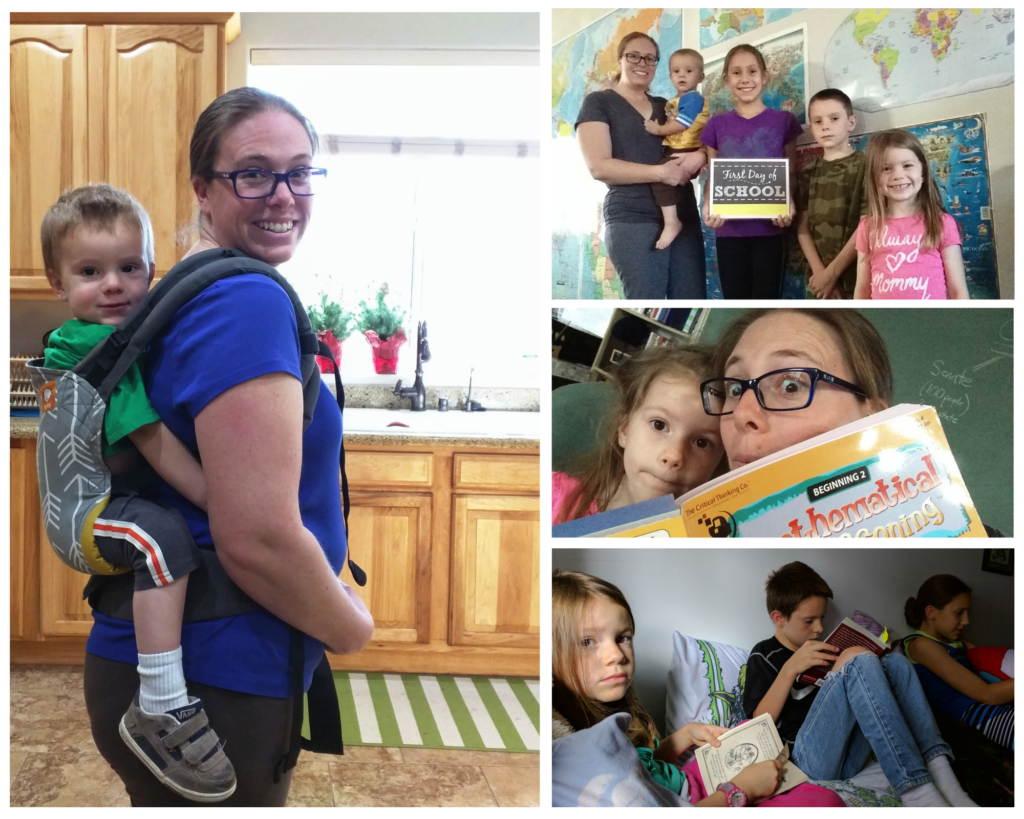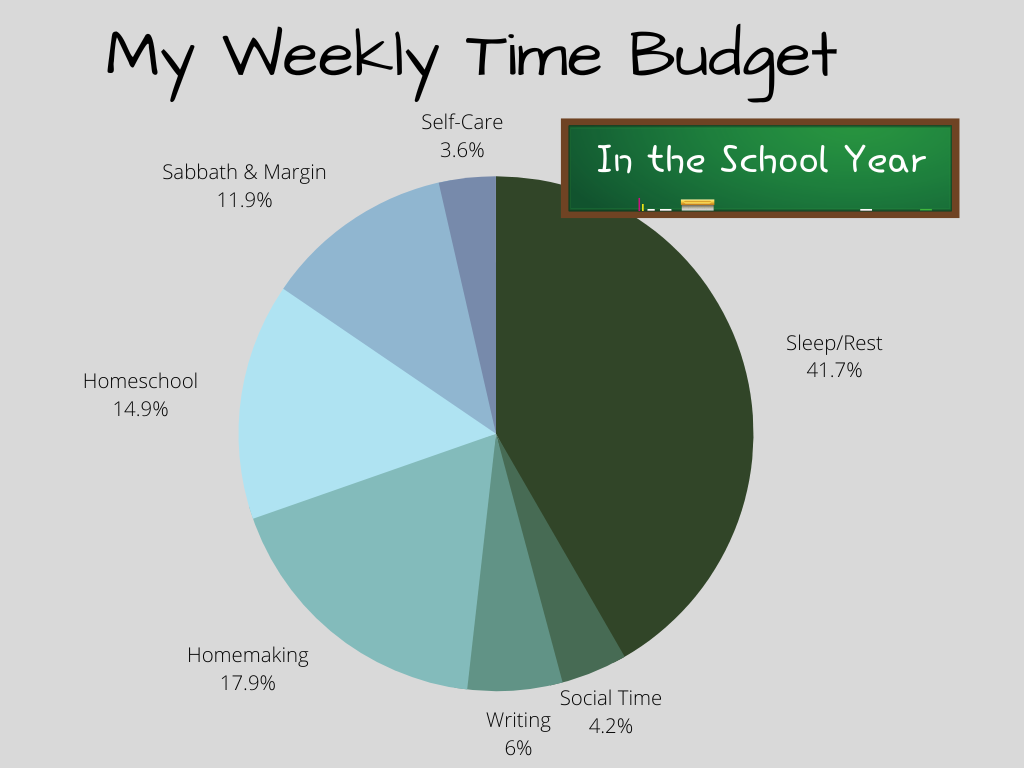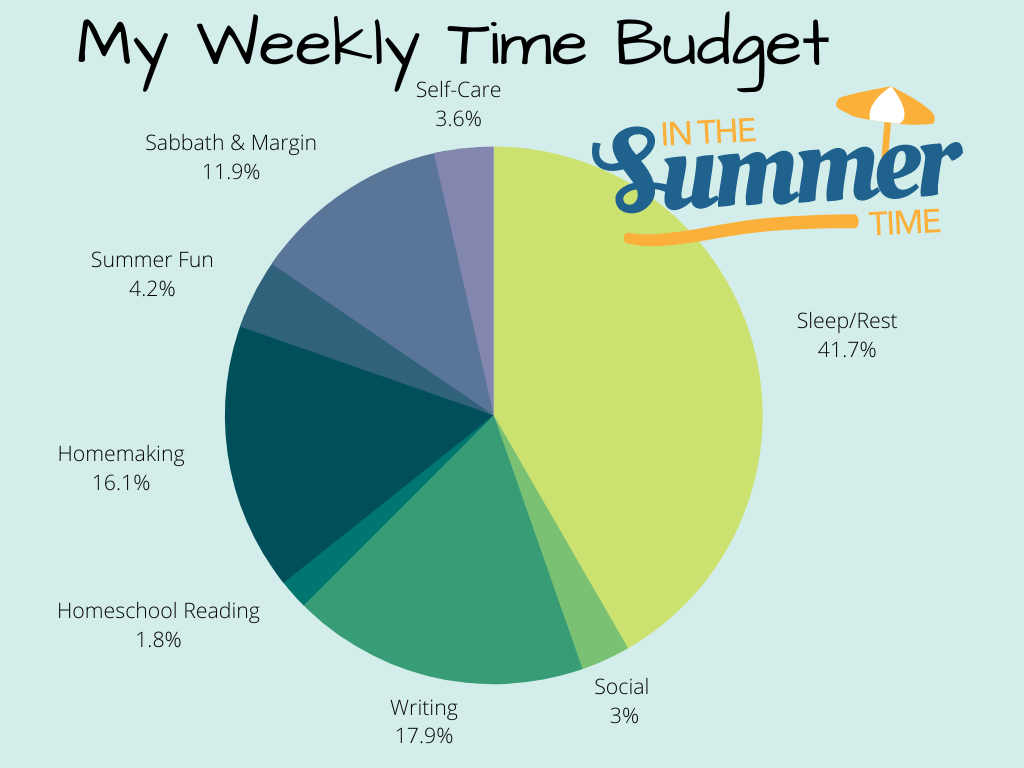Before we get to the practical, let me share my story…
My Journey in Working from Home –
I have been working 50 - 60 hour weeks (without payment) for over 17 years. When I type that out it sounds like a lot. I guess it actually is. For me, it has just been 20 very busy years with clear next steps. After college, I was a 5th-grade teacher in Mesa Public Schools. Then I became a stay-at-home mom in 2005 when my oldest daughter Mary was born. This was a radical change for me. I jumped in with Bible studies, volunteer work, and a busy stay-at-home mom job. I also had a new baby every 2-3 years. This meant 10 years of pregnancy, nursing, sleepless nights, potty training, and toddlers. Then we decided to homeschool and I added that new job when Mary was 4. We started with homeschooling using the classical model with long days of reading and intense work. (I have relaxed since then.) Also in the past 13 years, I have taught in 17 different co-op classes with a variety of kids. It is a full-time job. I am constantly reading, gathering resources, attending classes, and networking to enhance our homeschool life. Recently, I have added the job of writing. I write because I want to share my passion for making daily life easier. I believe that opposite ideas can be woven together to make our lives better. I love sharing with others and talking about solutions. This work is still completely free (it often costs me money). But I take it seriously and I give it a chunk of my time daily. So, if you are counting, I manage 2 jobs plus a busy family life with 4 kids. This is often complicated...

I have found there are 3 keys to working from home effectively. To make progress, we need to take specific steps that are unique to the situation we are in.
The 3 Keys to Working From Home:
- Identify Role Confusion (the jumbled mess of responsibilities)
- Set Boundaries (realizing all the tasks that you actually do)
- Implement Habits & Planning (by going slow and adjusting to change)
🗝️Key #1 – Identify Role Confusion (the jumbled mess of responsibilities)
I have found that working from home is like a messy dish of spaghetti. Each task you need to get done is piled on another in a big jumble of saucy noodles. The different roles that you have to get mixed and constant mode-switching creates fatigue.
The location stays the same no matter what you are doing. Therefore all the different expectations and responsibilities pile up together to create overwhelm. Especially if the work you do is unpaid! Let me explain with examples from my life.
Here is a sample of tasks I have done so far this week:
- relaxed on the couch watching a nature documentary
- made pancakes with my older son for breakfast
- did a stretching/yoga video workout in the living room
- swept and mopped floors while listening to a writing podcast (stopping to take notes)
- participated in my Zoom writing class (and completed my homework that next evening)
- spent time organizing books and curriculum
- enjoying dad jokes told expertly by Jim at dinner
- re-teaching my 7-year-old how to load and fold his laundry
- discussions with Jim making decisions about vacations and the budget
- cleaning out the fridge & updating the grocery list
- making a list of homeschool classes and curriculum prices for next year (I am in summer planning mode)
- reading for fun while snuggled with my dogs on the couch
- worked on craft projects with my girls (followed by a kitchen dance party)
- Bullet Journaling and planning for the next week
- cleaned up my writing notes and task lists (so I actually know what to work on next)
- slept in, took a long shower, and ate a slow breakfast on Saturday
- had a friend over with her kids (we chatted while sipping tea and discussing big ideas)
So if I were to break all those tasks down into categories they would look like this:
- cooking and cleaning – Homemaking Work
- writing, gathering resources, and learning – Writing Work
- organizing school materials, planning, and research – Homeschooling Work
- fun with my kids and my husband – Parenting & Family Life
- self-care, relaxation, and sleep – Being Human
All of these categories happen in the same location. All of my jobs and roles exist within the walls of my home. This can get complicated. As a high achiever personality, I tend to expect myself to get all the things done all at once. In my head, I should be able to do the laundry, homeschool the kids, make amazing from-scratch meals, and pull the weeds in the yard…. All in one morning. (yes, I know.. I am ridiculous🙄😏)
But I’m guessing that there are others who feel this way too. There is an expectation in our society that we should be able to “do it all”. I know you know this and feel it too.
So how do we manage all these roles, get things done, and still feel human? How can we be present for our kids, our jobs, the needs of our busy homes, and make dinner a few nights a week? I believe the answer is boundaries.

🗝️Key #2 – Set Boundaries
I believe the first step is realizing all the tasks that you actually do.
What do boundaries look like in your home and in your jobs?
Emily Ley gets out a large poster board and writes it all out. She wants to start with a blank slate and then see it all in one place. [Here is her podcast full of practical ideas.]
Before you can figure out what needs to change you need to acknowledge where you really are.
What is reality? What is true?
From there you can understand what you are responsible for and what needs boundaries.
“Boundaries define us. They define what is me and what is not me. A boundary shows me where I end and someone else begins, leading me to a sense of ownership. Knowing what I am to own and take responsibility for gives me freedom. If I know where my yard begins and ends, I am free to do with it what I like.” – What Do You Mean “Boundaries”?
I highly reccomend this book: Boundries by Cloud and Townsend
How much time do you want to spend on each job each week?
I like to do a week at a time so that the days can fluctuate with the needs of my family and my home. I find creating a pie chart like this one is super helpful.
There are 168 hours in a week.
How much do I want to spend on each category of my life?
Once I have figured out how much time I want to (or need to) spend on each category, then I can look at my habits and planning.
I look at my calendar and see how much time I typically spend in each area. Or I do a time log for a few weeks and then write down the results.
I can be more efficient and effective with the real facts and data from my life.
Here are my examples:

Note: This is the school year time budget and general layout of my week. There are exceptions and extras thrown in (like weekend RV trips). But then I usually get back to this “normal”.
- Sleep/Rest: 70 hours a week = 10 hours a day
- my morning routine, evening downtime, and sleep
- Social Time: 7 hours a week (sprinkled in throughout the week)
- friends, church, family, online forums, phone calls.. etc.
- Writing: 10 hours a week = 1-2 hours each day in the cracks of my schedule
- writing drafts, formatting articles, online classes, gathering research
- Homemaking: 30 hours a week = several hours each day and large chunks on the weekends
- cleaning, meal planning, holiday prep, cleaning, yard work, farm chores, organizing, decluttering, grocery shopping, laundry, weekly household chores
- Homeschool: 25 hours a week = 9am – 1pm teaching each day & then afternoon classes and co-ops
- teaching my 4 kids, planning, grading, gathering resources, networking, reading aloud…
- Self-Care: 6 hours a week = daily activities that help me feel like myself
- exercise, reading, routines, knitting, baking for fun, sitting on the porch with tea, long walks
- Sabbath & Margin: 20 hours = This is rest on the weekends and daily downtime.
- space for quiet and relaxing with my kids
- some room for real life to happen, for messes, and extras
This is my normal.
What does your normal look like? What is unique to you?

Note: Just so you can see my schedule flex and change I have included my Summer Time budget.
This is the general layout of my weeks from the middle of May to the beginning of August. There are also many exceptions (like weekend RV trips & summer camps).
- Sleep/Rest: 70 hours a week = 10 hours a day
- my morning routine, evening downtime, and sleep
- Social Time: 5 hours a week (sprinkled in throughout the week)
- This goes down a bit during the summer because many activities are on pause.
- friends, church, family, online forums, phone calls.. etc.
- Writing: 30 hours a week = most of my mornings are spent writing while the kids enjoy free time
- This ramps up in the summer while we take a break from homeschooling.
- writing drafts, formatting articles, online classes, gathering research
- Homemaking: 27 hours a week = several hours each day and large chunks on the weekends
- my kids help more with the cooking and chores in the summer months
- cleaning, meal planning, holiday prep, cleaning, yard work, farm chores, organizing, decluttering, grocery shopping, laundry, weekly household chores
- Homeschool: 3 hours or so – this is simply time spent reading and gathering resources
- I let myself take a hard break from homeschool work during the summer.
- [Read more here: Taking a Summer Break from Homeschool ]
- Then mid-July I add in more planning time: Creating a Gentle On-Ramp Back Into Homeschooling Planning
- Self-Care: 6 hours a week = daily activities that help me feel like myself
- Summer self-care looks a bit different because of the heat. I take walks after sunset, drink iced tea with a good book, enjoy decluttering with a podcast, or go to the rec center to work out.
- Summer Fun: 7 hours a week = a few days a week we go somewhere fun
- the pool, the mall, the indoor trampoline jump park, movies, theme days, Adventure days out, VBS, fun food, splash pad, summer bucket list stuff…
- [Read more here: Daily Theme Ideas for Summer & 4 Helpful Steps for Planning Summer Break]
- Sabbath & Margin: 20 hours = This is rest on the weekends and daily downtime.
- space for quiet and relaxing with my kids
- some room for real life to happen, for messes, and extras
This is my Summer Time “normal”.
What does your summer break typically look like?
I highly recommend making your own pie chart in Canva or in Excell. See what your week looks like and what commitments you actually have. It might surprise you to find some places that are taking more space than they should.
🗝️Key #3 – Implement Habits & Planning
I have a lot of articles about habits already. (over 35 to be exact.) It is something I am passionate about. Here are some quick suggestions that I have found helpful in working from home and managing myself.
My #1 tip with building habits is to GO SLOW.
Small changes will add up over time. Making a few things stick is more important than doing a huge list of “the perfect 4-hour routine”.
My #2 tip is to adjust with each season and with changes in your home.
Your winter morning routine will most likely not work in the summer when kids are out of school and the days are longer. Needing to make changes does NOT mean you have failed, it is just a natural part of home life with kids. And honestly being human… Change will happen.
(Here is a link to all my 35 habit articles! 📒📝)
You and your spouse should “customize your defalts”. “That is, negotiate in advance which household and childcare tasks you are individually responsible for.” Then, “you can both enjoy your alloted, uninterrupted time and space to do your own thing.”
– Find Your Unicorn Space by Eve Rodsky
I hope that these 3 keys to being successful working from home are helpful to you. 😁
Juggling all these roles under one roof in one day is difficult. Some days I do it well. Most days I go to bed with a To-Do list that is longer than the day before. I am often surprised by how much I can get done but discouraged by how much is left to do.
I experienced burnout a few years ago and that changed everything for me. I had gotten completely out of balance. I had to rebuild several areas of my life. It was messy.
[You can learn more about my London story by clicking here.]
I love sharing what has worked for me to save you from overwhelm. I don’t know what your story is or what jobs you are juggling… But, I am guessing they are just complicated as mine are. Your work matters even if you are not getting paid or your job is actually costing you something. Even if you manage yourself or you have “an official boss” with a paycheck. Each of us has obstacles that are unique to our situation. But, you can do this!
💻 Have a great work day! – April
> > Photos by charlesdeluvio, ergonofis, Nathana Rebouças, and others from Unsplash



